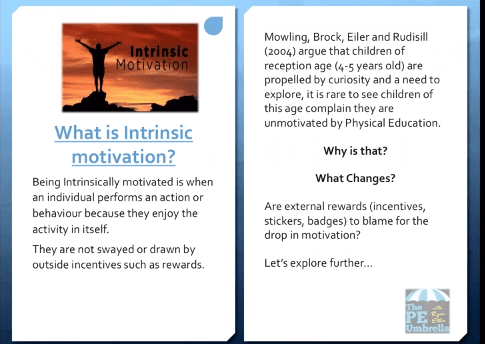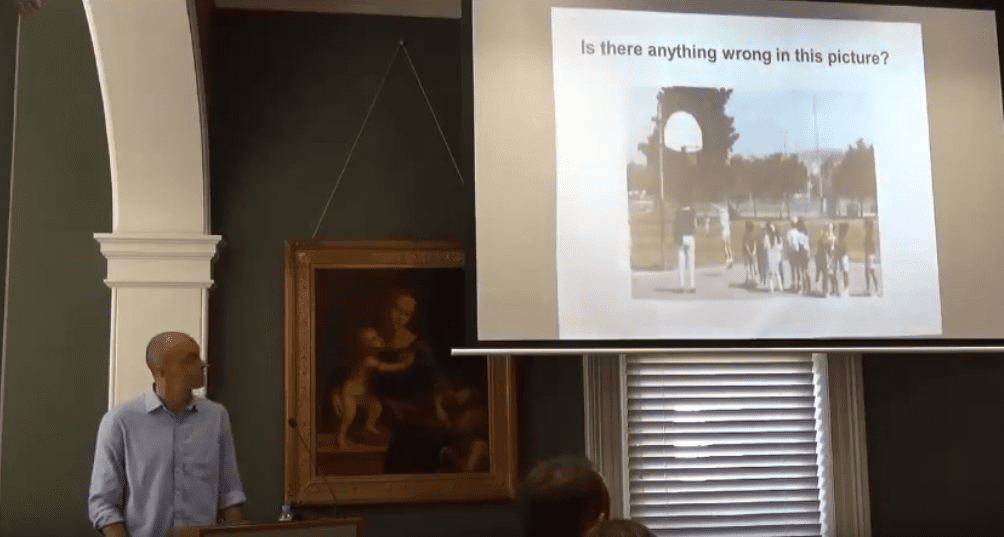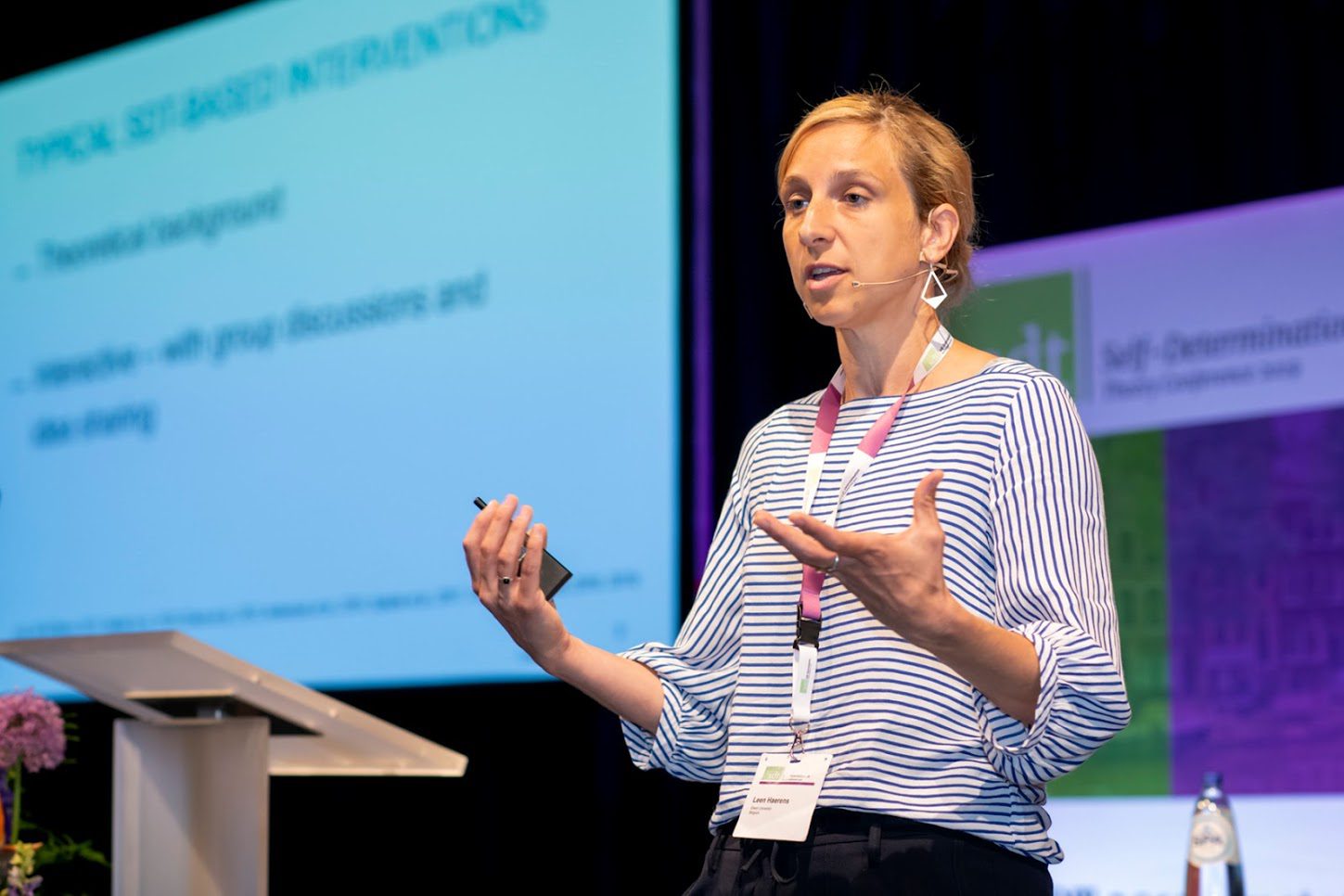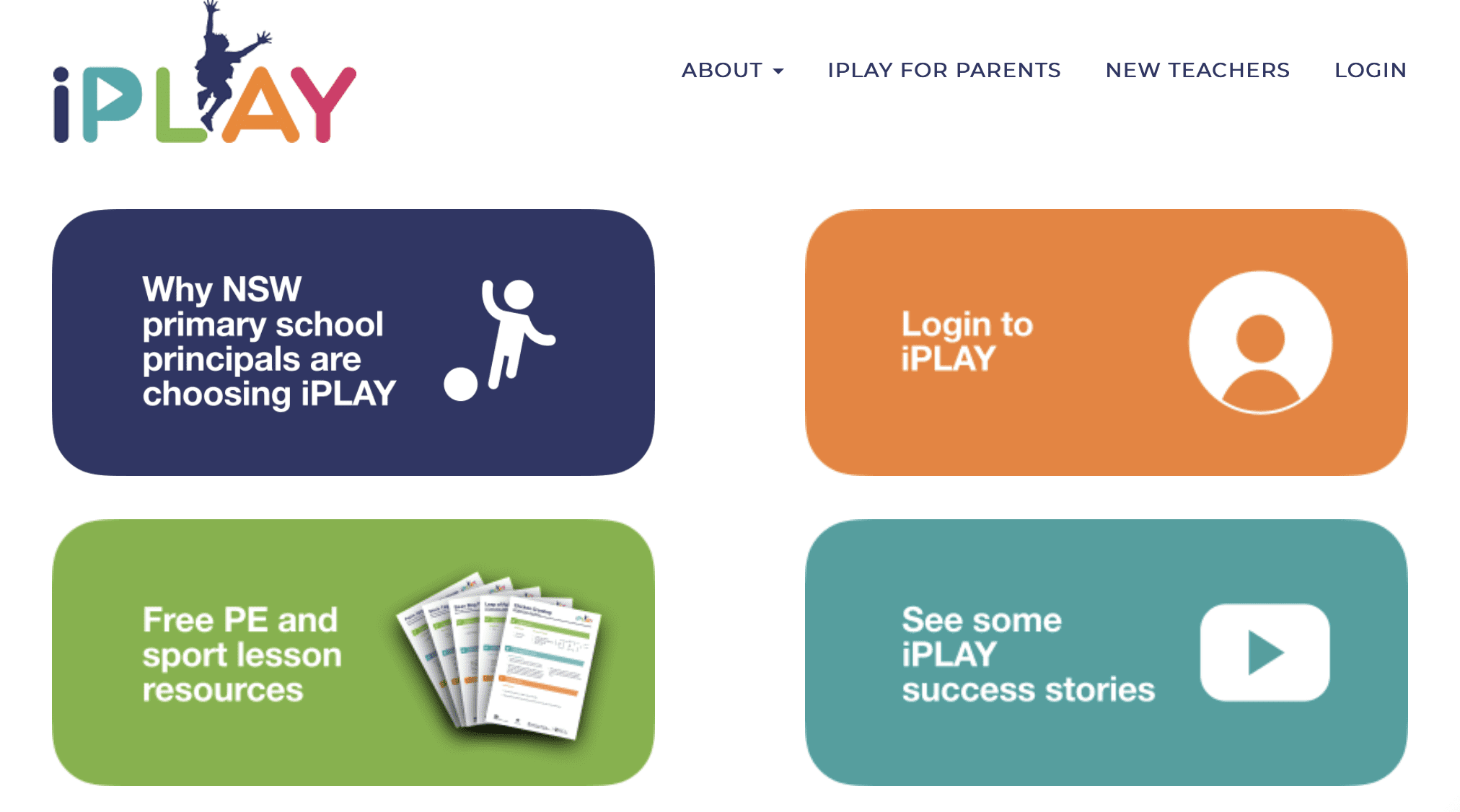Children inherently love to move. Thus, sport and physical activity can provide intrinsically rewarding experiences that also provide many physical, psychological, and social benefits. Teaching a physical education lesson, however, presents unusual motivational challenges. In contrast to organized recreational sport participation and unstructured play, in which children (usually) can decide whether or not to participate, or at least which activity they want to do, physical education lessons are often mandatory. This requirement to attend physical education lessons can undermine students’ intrinsic interest. Also, in physical education lessons, students’ displays (and by extension, evaluations) of competence are typically public, whereas in academic lessons one’s performance is often relatively more covert.
For several decades, researchers have been using self-determination theory to understand students’ motivation processes in physical education. In recent years, this research has increasingly focused on methods that teachers can use to enhance student motivation. Randomized controlled trials of SDT-based interventions have shown that teachers can learn to better support students’ psychological needs during physical education lessons, and this support has multiple benefits for teachers and students.





